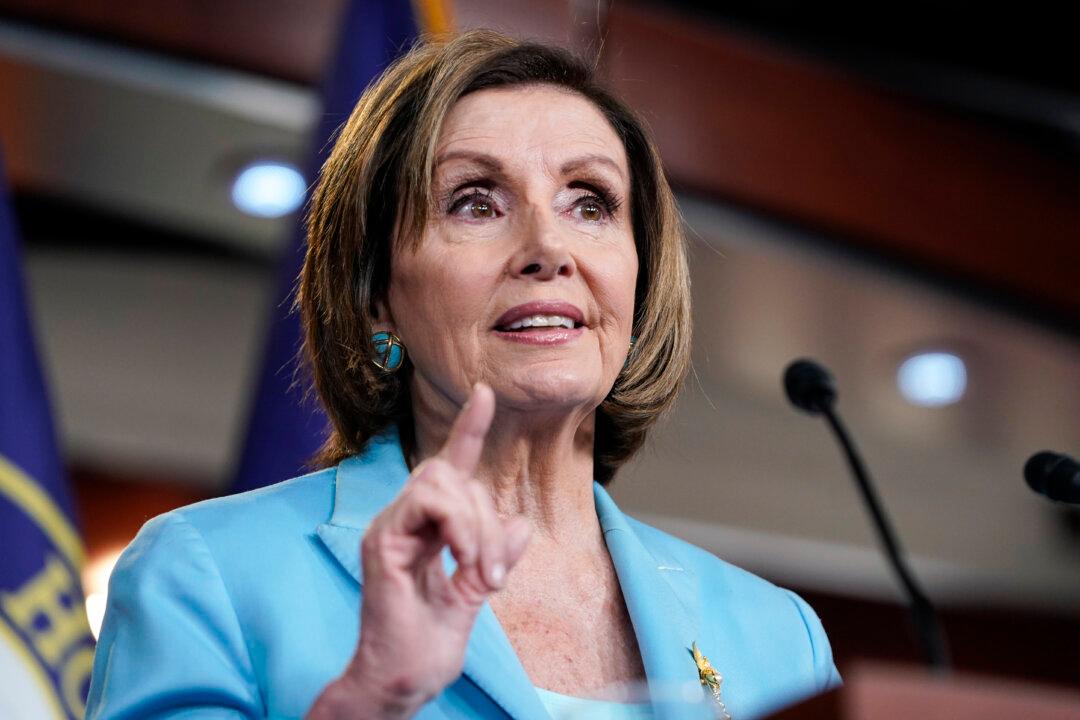House Speaker Nancy Pelosi (D-Calif.) on Tuesday quashed reports that she will be creating a select committee to probe the Jan. 6 breach of U.S. Capitol, saying that she will decide this week whether to do so.
“No, I did not make that announcement,” Pelosi told reporters while stepping out of her office at the Capitol. “Somebody put out a false report.”





